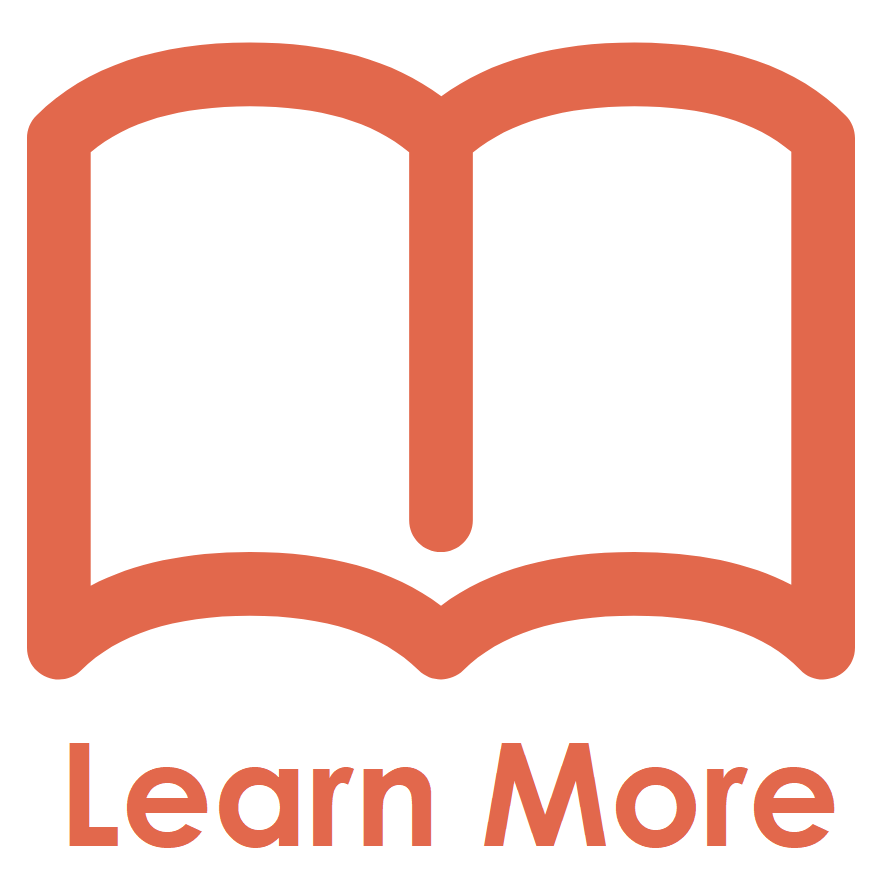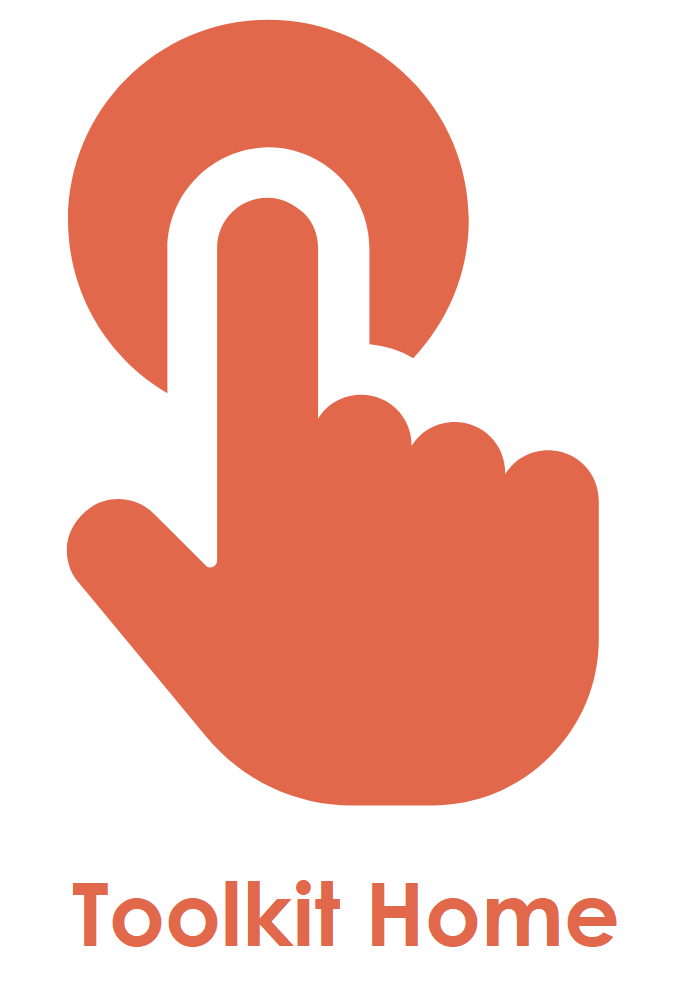Please note that The Human Rights Education Toolkit was developed in 2019 on limited funding, and prior to the changes brought by the COVID-19 pandemic. The resources and timeline of events in this kit, where listed, sit in time in BC’s harm reduction history. For ongoing harm reduction news, please see Substance Use News issues on our Substance Use and Harm Reduction page.

The province of BC is committed to a human rights-based approach to harm reduction (see Overdose Emergency Response Centre Terms of Reference), and this toolkit focuses on human rights issues associated with discrimination against people use drugs. It draws information collected from people who use drugs compiled and reported in Project Inclusion report, national and international sources.
“Universal human dignity is a fundamental principle of human rights. It is from the inherent dignity of the human person that our rights derive. No law, policy, or practice should have the effect of undermining or violating the dignity of any person or group of persons. Everyone has the right to enjoy the highest attainable standard of physical and mental health. This right applies equally in the context of drug laws, policies, and practices.” International Guidelines on Human Rights and Drug Policy
Health Equity
Human rights are supposed to ensure equity for all. Health equity should do the same.
“Health equity” or “equity in health” implies that ideally everyone should have a fair opportunity to attain their full health potential and that no one should be disadvantaged from achieving this potential. (World Health Organization)
Although human rights are held up as absolute, they are violated every day all over the world. “Harmful laws, policies and practices routinely interfere with access to healthcare and increase vulnerability to ill health, particularly for poor, marginalized or criminalized populations” (Human Rights Watch). As the offenses against people who are marginalized are layered, a rights-based response is layered as well.

United Nations – What are Human Rights?
International Guidelines on Human Rights and Drug Policy
Health Equity
Connecting Health Rights to Health Services
To understand the connections between rights and health services in BC, it helps to look at federal, provincial, and municipal levels of responsibilities.
- The Canadian Charter of Rights and Freedoms is the foundation on which rights in Canada are based. It protects the essential rights of everyone who lives in Canada.
- At a provincial level, the BC Ministry of Health is responsible for regulating provincial health services for all.
- The BC Human Rights Code protects people who live in British Columbia from discrimination.
- The Community Charter and Vancouver Charter outline the power and procedures of local governments, which include public health and bylaws, which are key to community life.
The Canadian Charter of Rights and Freedoms
The Canadian Charter of Rights and Freedoms protects a number of rights, including the right to equality. (Government of Canada). According to the Government, “Equality rights are at the core of the Charter. … Everyone should be treated the same under the law.” (The Rights and Freedoms the Charter Protects; Equality Rights)
Excerpt:
Whereas Canada is founded upon principles that recognize the supremacy of God and the rule of law:
Guarantee of Rights and Freedoms
Legal Rights
Life, liberty and security of personS. 7 Everyone has the right to life, liberty and security of the person and the right not to be deprived thereof except in accordance with the principles of fundamental justice.
S. 8 Everyone has the right to be secure against unreasonable search or seizure.
Equality Rights
Equality before and under law and equal protection and benefit of lawS. 15 (1) Every individual is equal before and under the law and has the right to the equal protection and equal benefit of the law without discrimination and, in particular, without discrimination based on race, national or ethnic origin, colour, religion, sex, age or mental or physical disability.
Insite’s Charter Challenge
In the precedent-setting fight for supervised consumption services at Insite, the legal process went all the way to the Supreme Court of Canada. The Supreme Court ruled 9-0 in favour of Insite, saying that denying people access to harm reduction services offered at Insite infringed on their rights under Section 7 of the Charter of Rights and Freedoms:
Everyone has the right to life, liberty and security of the person and the right not to be deprived thereof except in accordance with the principles of fundamental justice.
As noted in the the history of Insite and the court challenges, the Supreme Court decision “created an opportunity for other jurisdictions in Canada to build upon to create further services for drug users based on respect for the personhood of the drug user.”

Canadian Charter of Rights and Freedoms
Rights and Freedoms the Charter protects
History of Insite Legal Process
Roles and Responsibilities: The Ministry of Health and Community Charters
The BC Ministry of Health is responsible for ensuring that health services are available for all British Columbians. Community Charters determine how municipal governments operate. These charters identify areas of authority, which include public health and bylaws. However, section 9 in the Community Charter outlines “Spheres of Concurrent Authority,” which indicates that in the case of bylaws that relate to public health, bylaws are subject to the approval of the Minister of Health.
The intersection of the these layers of authority (jurisdiction) can lead to differing interpretations of the law. If public servants (including law enforcement and bylaw officers), private businesses and/or their employees (including security officers), health practices or policies prohibit people from getting health services, it is up to the Province to ensure universal access.
Charter and Human Rights principles supersede municipal actions. No municipal bylaw or action may directly or indirectly violate the human rights of any person.

BC Ministry of Health
Ministry of Mental Health and Addictions Service Plan 2019-2022 (February 2019)
Community Charter
Vancouver Charter
The BC Human Rights Code
Human Rights law prevails over other laws. Provincial laws and municipal by-laws cannot be interpreted in such a way as to directly or indirectly breach human rights, and you can’t contract out of Human Rights law.
Excerpt:
BC Human Rights Code
The purposes of this Code are as follows:
(a) to foster a society in British Columbia in which there are no impediments to full and free participation in the economic, social, political and cultural life of British Columbia;
(b) to promote a climate of understanding and mutual respect where all are equal in dignity and rights;
(c) to prevent discrimination prohibited by this Code;
(d) to identify and eliminate persistent patterns of inequality associated with discrimination prohibited by this CodeThere may be no discrimination in accommodation, service and facility, Section 8
(1) A person must not …
(a) deny to a person or class of persons any accommodation, service or facility customarily available to the public, or
(b) discriminate against a person or class of persons regarding any accommodation, service or facility customarily available to the public because of the race, colour, ancestry, place of origin, religion, marital status, family status, physical or mental disability, sex, sexual orientation, gender identity or expression, or age of that person or class of persons.
Discrimination = adverse differential treatment or impact.
Discrimination is often invisible to those not experiencing it and is often unintended. Discrimination often involves making stereotypical assumptions about a person based on presumed traits about the group they belong to while failing to pay attention to the unique capabilities and merits of the specific individual.
Discrimination need only be one of the factors impacting the negative impact. For example, a person who is perceived to be “an addict” is told they are not allowed to use the bathroom at a public library by a staff person who is concerned for the safety or comfort of other library patrons. This could be discrimination.
BC Human Rights Code, section 2
2. Discrimination in contravention of this Code does not require an intention to contravene this Code.
In other words, you might not have meant to discriminate, but it may have happened all the same.
BC Human Rights Code, section 4
4. If there is a conflict between this Code and any other enactment, this Code prevails.
The Human Rights Code is the most powerful authority in a decision.

BC Human Rights Code
Frequently Asked Questions about Human Rights in BC
Personal Characteristics Protected in the BC Human Rights Code
NEXT: Drug Use as a Health and Rights Issue
Foundation Tools: Human Rights and Health Equity | Drug Use as a Health and Rights Issue | Surveying Conditions in BC
Tools for Action: How to Engage People with Lived Experience | Beyond Stigma-Reduction
Templates for Change | Select Handouts at a Glance

For general information on drug use and health, see our Substance Use and Harm Reduction page.
Please note that the information in this toolkit is for general information only and should not be taken or relied upon as legal advice. If you have questions about a specific case, consult a lawyer.
